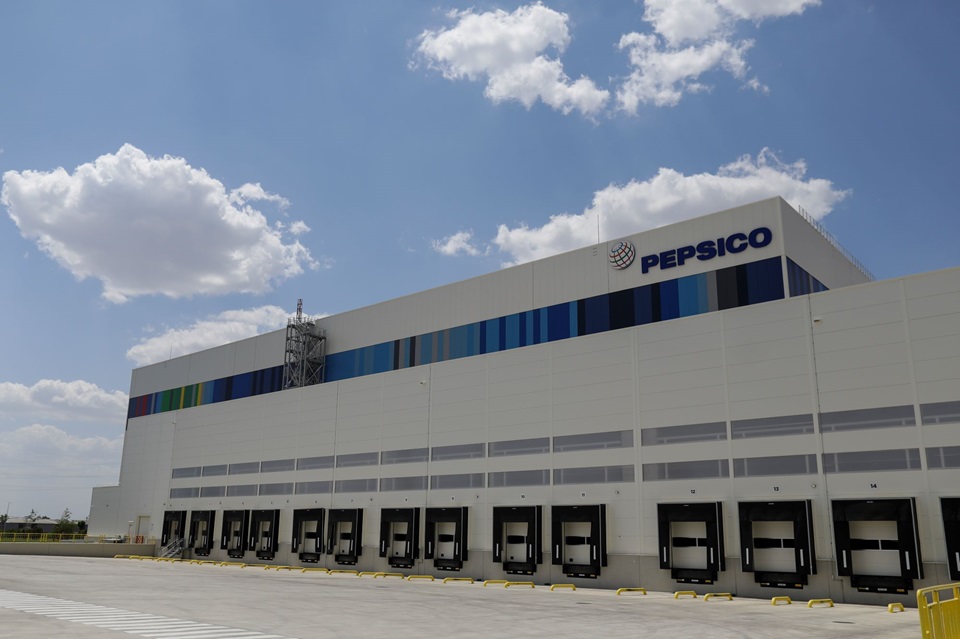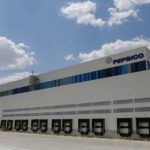PepsiCo Romania inaugurates automated warehouse at Popești-Leordeni factory concluding 100 million USD investment

PepsiCo, a global leader in the food and beverage industry, today announced the opening of an automated warehouse at its snacks factory in Popești-Leordeni. This milestone marks the completion of a strategic investment project valued at over 100 million USD.
This investment, first announced in 2022, included the addition of three new production lines at the snacks factory and the construction of the automated warehouse. The factory now has an annual production capacity of 39,000 tons and supplies products to 17 countries: Romania, Bulgaria, Moldova, Greece, Cyprus, Albania, Montenegro, Serbia, Croatia, Slovenia, Bosnia and Herzegovina, Hungary, Ukraine, Kosovo, North Macedonia, the Czech Republic, and Slovakia.
The warehouse, which represents an investment of $33.5 million, was constructed over the course of one year. Spanning 32,500 square meters, the facility includes a 34-meter-high high-bay storage area at its core. This advanced warehouse boasts a total capacity of 23,500 pallets and can process up to 320 pallets per hour.
“The completion of this investment marks an important step in centralizing all our operations in one location, transforming our factory into a strategic regional hub for Central and Southeastern Europe. With its impressive production and storage capacity, this facility will ensure efficient inventory control while reducing carbon emissions and operational costs,” said Radu Berevoescu, General Manager & Senior Commercial Director East Balkans, PepsiCo Romania.
The warehouse is designed to be energy autonomous, powered by a photovoltaic panel system with an installed capacity of 700 kWp. This setup ensures more efficient inventory control and guarantees pallet integrity by reducing handling points. The investment in the new automated warehouse is part of PepsiCo’s efforts to achieve long-term goals under the pep+ agenda and will significantly reduce greenhouse gas emissions by nearly 500 tons. Over the course of a year, the warehouse will help eliminate over 9,000 transfer trucks and reduce the carbon footprint of a stored pallet by five times.














